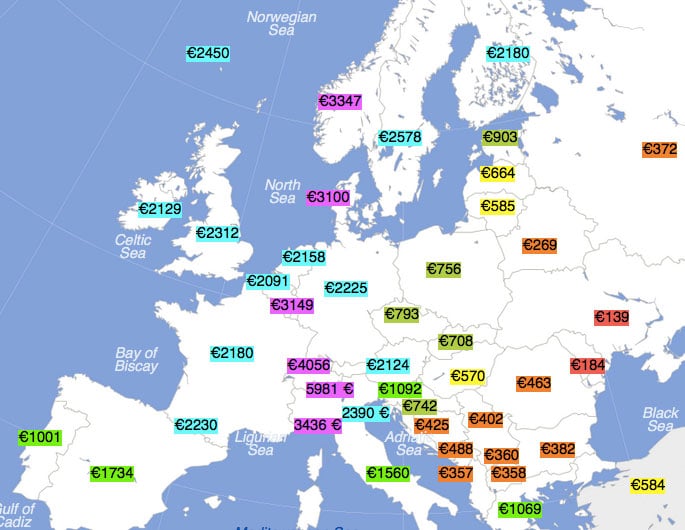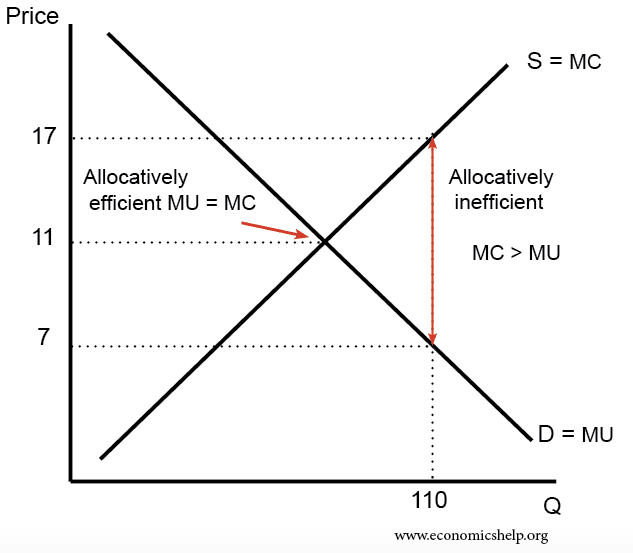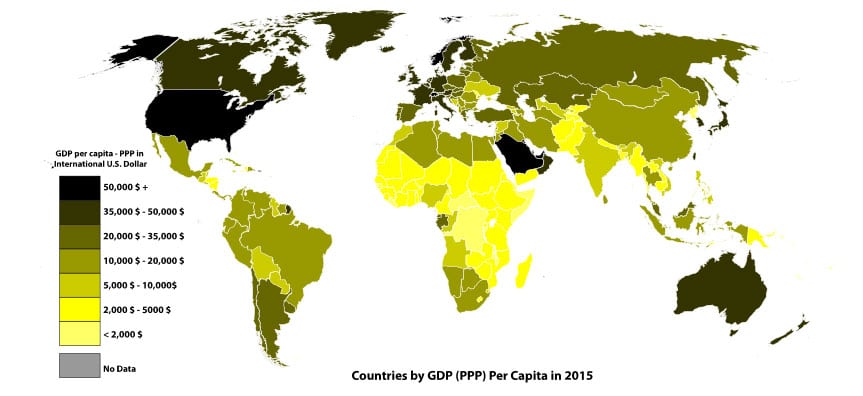What caused the Wall Street Crash of 1929?
The 1929 stock market crash was a result of an unsustainable boom in share prices in the preceding years. The boom in share prices was caused by the irrational exuberance of investors, buying shares on the margin, and over-confidence in the sustainability of economic growth. Some economists argue the boom was also facilitated by ‘loose …



